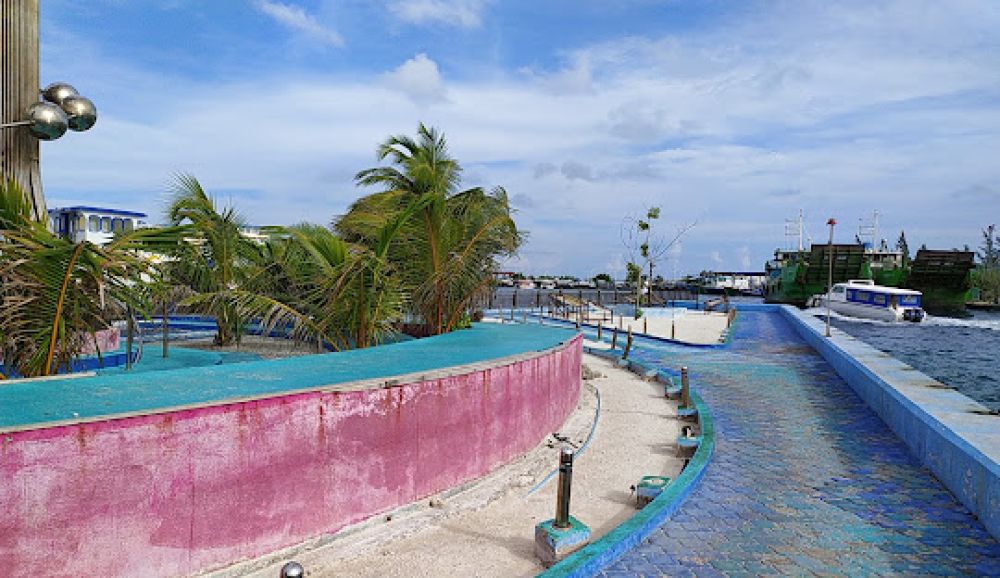

The Tsunami Monument in Male, the capital of the Maldives, stands as a poignant tribute to the memory of those who lost their lives in the devastating 2004 Indian Ocean tsunami. This tragedy struck on December 26, 2004, and caused extensive damage throughout the region. The monument not only commemorates the victims but also symbolizes the resilience and solidarity of the Maldivian people in the face of natural disasters.
The monument is uniquely designed, consisting of steel spheres that represent different aspects of the catastrophe. The upward-flowing design signifies hope and the continuous journey towards recovery. Each of the spheres holds a significance correlated to the number of lives lost, the number of islands affected, and the height of the waves. It is located in the southeastern part of Male, along the coast, and serves as a focal point for remembrance and reflection.
Visitors to Male often pay their respects at the Tsunami Monument, finding it a sobering reminder of nature's power as well as a symbol of hope for the future. It's a place that draws not just tourists but also locals who come to remember their loved ones and contemplate the impact of the disaster on their lives and their country.
Male is the bustling capital city of the Maldives and is known for its mosques and sleek buildings. However, despite its small size, Male is packed with historical sights, markets, and local culture, making it a curious contrast to the serene beach resorts that the Maldives is famous for.
The history of tourism in the Maldives dates back to 1972 when the first tourist resorts were established. Initially, tourism was not considered a priority due to the Maldives being unknown as a tourist destination and the lack of a suitable airport. However, with the opening of Hulhulé Airport (now Velana International Airport), and the construction of resorts on nearby islands, tourism began to flourish.
Tourism has since grown to become the backbone of the Maldivian economy, with its pristine beaches, clear blue waters, and stunning coral reefs attracting tourists from around the world. The Maldives became synonymous with luxury travel, offering unparalleled privacy with its overwater bungalows and exclusive island resorts.
The latest trends in Maldives tourism reflect a shift towards sustainability and eco-friendly travel. Resorts have begun to adopt sustainable practices like solar power, water conservation, and initiatives to protect marine life. Furthermore, there has been a rise in boutique guesthouses and local island tourism, giving travelers the opportunity to experience the archipelago's culture and lifestyle more intimately.
Another significant trend is the burgeoning wellness tourism, with resorts incorporating holistic wellness retreats, spa treatments, and yoga classes. Luxury tourism continues to thrive with the introduction of more high-end properties, private island experiences, and personalized services.